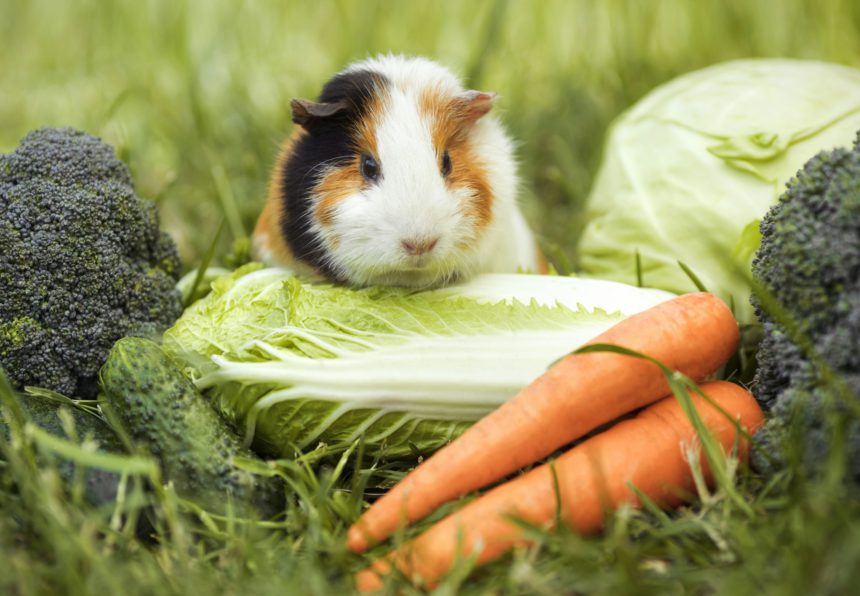Pets need a proper diet to maintain their optimal health. The food we offer our pets plays an essential role in their overall development and well-being. But how can we choose the right food for our unspeakable friends?
Best types of diets for pets: how to ensure optimal health
There are different types of diets for pets, and the right choice depends on the specific needs of each animal. Dry diet, wet diet and raw diet are the most common options available on the market. The dry diet is easy to store and is usually more affordable financially. The wet diet is rich in moisture and may be more suitable for animals that do not drink enough water. Raw diet, also known as the BARF diet (Bones and Raw Food), is based on raw and fried food. This may be aExcellent portion for animals with food allergies or intolerances.
Suitable pet food: how to make the right choice
In order to make the right choice of food for pets, it is important to take into account the age, weight, health status and level of activity of the animal. We must also be informed about the ingredients used in the food we offer. It is recommended to avoid food containing dyes, preservatives or artificial flavors. It is also important to ensure that the food we choose contains all the nutrients needed for a healthy animal, such as proteins, fats, carbohydrates, vitamins and minerals.
Optimum diet for pets: advice from nutrition experts
Nutrition experts recommend a balanced diet for pets, including a variety of healthy foods. Thisa may include lean meat, vegetables, fruit and whole grains. It is important to consult with a veterinarian or a pet nutritionist before changing the diet of the animal. They can offer us personalized advice and help us choose the right food for our little soul.
Animal health starts with a balanced diet: how to get it
A balanced diet is essential for maintaining the optimal health of pets. This contributes not only to a healthy weight, but also to a shiny skin and fur, to a strong immune system and to a high energy. To get a balanced diet, it is important to provide our pets with an adequate combination of proteins, fats, carbohydrates, vitamins and minerals. We must also ensure that the food we offer is adapted to the specific needs of our animal.
How to choose the ideal food for pets: tips and recommendations
When choosing food for our pets, we need to take into account several factors. First, we need to learn about the specific nutritional needs of our species and breed of animals. We must also carefully read the product labels and ensure that the food we choose does not contain harmful ingredients or allergens for our animal. It is recommended that we consult a pet nutrition specialist to receive personalized advice and recommendations based on the specific needs of our pet.
Personalised pet diet: key to a long and healthy life
A personalized diet can be the key to a long and healthy life for pets. Each animal has specific nutritional needs, and an adapted dietcan help prevent common conditions such as obesity, diabetes and heart disease. To get a personalized diet, we can consult a nutrition specialist for pets. It can help us identify the specific needs of our animal and choose the right food to maintain its optimal health.
Complete guide to pet-specific diets: how to choose the right diets
The specific diets for pet animals may be chosen according to the specific needs of each animal. There are special diets for animals with food allergies, for those with digestive problems or for those with special nutritional needs, such as older animals or those suffering from chronic diseases. To choose the right diet, we need to consult a pet nutrition specialist who can guide us and offer personalized advice according toour animal’s specific needs.
Choosing food for pets: important factors to consider
When choosing food for our pets, we need to consider more factors. Firstly, we must ensure that the food we choose contains all the nutrients necessary for a healthy animal. We must also carefully read the product labels and ensure that the food we choose does not contain harmful ingredients or allergens for our animal. It is also important to take into account the specific preferences and needs of our animal, as well as the recommendations of the veterinarian or the pet nutrition specialist.
